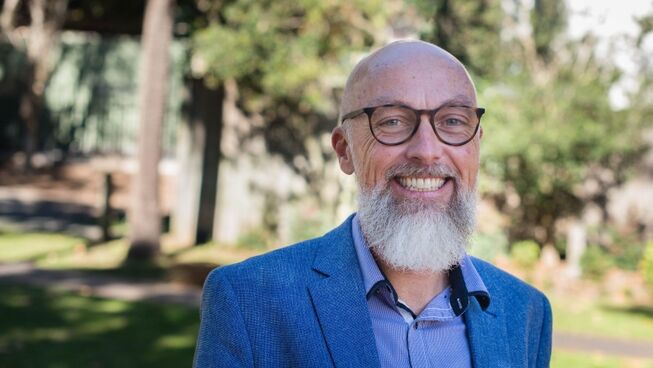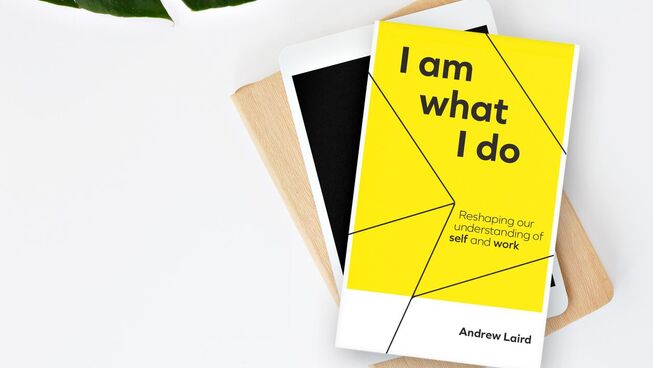Dodging the jobless bullet

That sounds like a witness in a mafia trial talking about his odds of survival, but it was simply a conversation with a friend about the prospect of keeping his job.
My friend, who works for a big national corporation had been in Sydney for a week on business, and I called him to ask how it went, in what is an industry going through an incredible amount of change due to high exposure to disruptive technologies.
“So, do you think you’re job’s safe?” I’d asked him.
“No one’s job is safe, but what can you do about it? I can’t live thinking that I might be next.”
Perhaps it’s not mafia, Perhaps the modern work place is more like Russian roulette. You never know which spin of the chamber is going to take you out.
We live in a time where every part of the economy is interconnected. One slip up over there has a butterfly effect which sees a problem occur over here. Someone’s decision about that matter, or some snarl up in production in a location overseas we can hardly pronounce, has a ripple effect in a local Australian suburb.
Who can live like that all of the time? My friend said that unless you come to terms with this fragility then you’d just fret all of the time.
There’s a paradox to it all. Work is increasingly a means of not simply material production, but of identity production in our western culture. And when that pays off it can pay off big time.
But when it doesn’t? When your identity is tied tightly to something that could cave in at any time? There’s double shot anxiety to go with your double shot commuter latte right there.
The modern workplace does not operate on a level playing field. The amount of investment - emotional, physical and financial - that we put into securing the right role for us, doesn’t always have the return on that investment that we might have hoped.
How does my friend cope? Wife, four children, mortgage, bills to pay?
First, he’s realistic. He doesn’t project a future that hasn’t happened yet. Either good or bad. We’ve seen in our recent federal election that predicting the future is not an exact science, so why do we keeping painting a future that hasn’t happened yet?
Second he’s decided not to seek his total identity in his work. Not that work can’t give us some identity, but there’s a tipping point in there. As someone with a Christian faith he’s taken on Jesus’s words about seeking what God wants first, in all areas of life.
Third, and leading from that, he’s decided not to be anxious. Once again Jesus has some words about not being anxious about the food and clothing stuff, because God knows we need that. Jesus asked “Who of you by being anxious can add a single day to their lives”. And that’s true of your work-life as well!
This lack of anxiety is actually a liberating move. If you lose the anxiety you won’t be insecure, and overall you will be a better worker, because you won’t be in constant “flight or fight” mode.
We can’t change the global and local situations that filter down and affect our job security, but we can start by determining not to find all of security in our job. That might require some financial, emotional or spiritual changes in us. Whatever it means, it means that if we can’t dodge the job-loss bullet forever, we won’t be mortally wounded by it.






